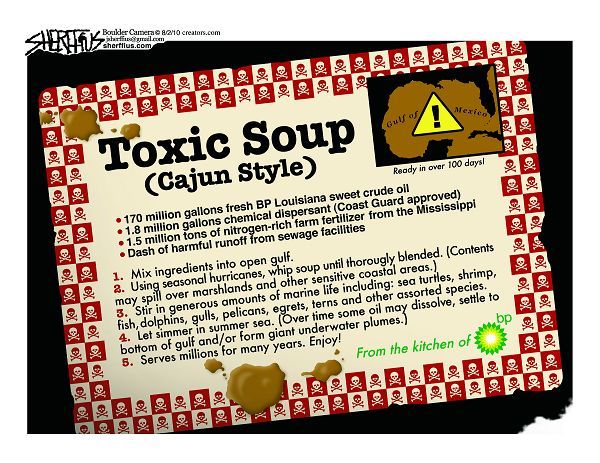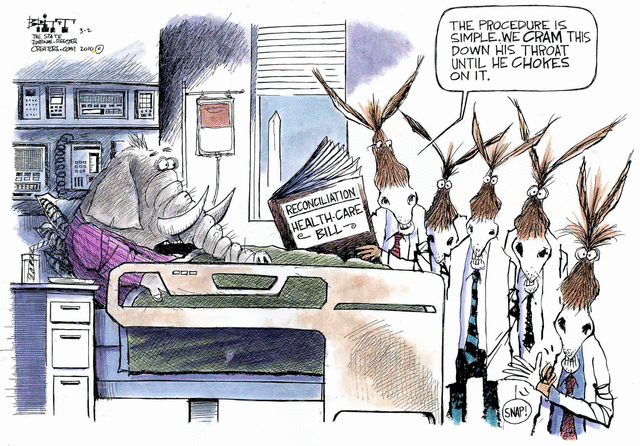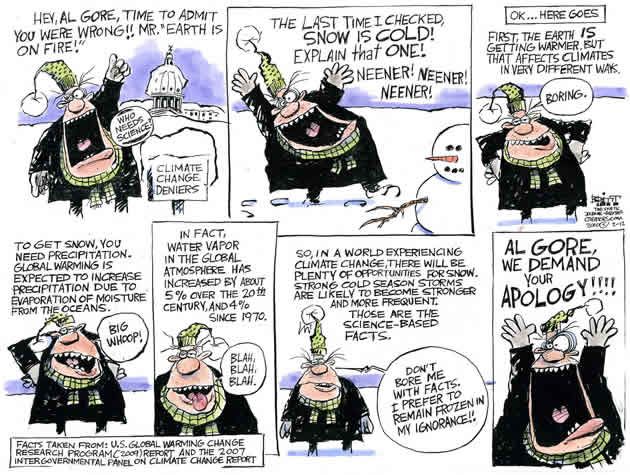Since the demise of the public option and single payer health care, what I’ve been hearing from some on Docudharma is that we should pursue solutions that are not to be had from the Federal government, like true universal non profit health care for all, from the states. I’ve even recommended some of those posts out of sympathy or friendship.
But, to me, there’s a problem, here, Houston.
You see, the GLBT movement has already gone this way many times. Where we have been rejected by our Federal government, many of us look to our states to make things better, to provide that which our central government is unable or unwilling to do.
Without engaging in hyperbole, there are some things I think people should think about when they talk about working on state-by-state solutions to the crises of social and economic equality and basic human welfare that bear consideration:
1. One of the problems progressives have with the Federal government is the degree to which the central government is willing to countenance social and economic inequality. This problem is exacerbated, not diminished, by going to the states.
What you are really doing is adding state level inequality to class and social inequality.
When the GLBT movement got little traction at the federal government level, the battle largely shifted to the states.
Despite the battles that have taken place, a curious thing has happened: With few exceptions, the level of freedoms and rights LGBT people enjoy at the state level largely mirrors or corresponds with the pre-existing level of social acceptance already in those states to begin with. There has been, with notable exceptions like Iowa, very little of the phenomenon of social acceptance of LGBT people spreading from state to state, as incrementalists would have people believe.
Oh, to be sure, many of the high profile battles have taken place in what the average American would deem “liberal” states. Proposition 8, for example, lost in California, what most people would think of as a liberal accepting state. But this obscures the fact that the rights LGBT people enjoy in California is already higher than in other states, less marriage, to begin with.
California has domestic partnerships which are in every sense the equivalent of the best civil unions available in other states. Battles over LGBT rights are taking place in states that have, already, reasonably good track records, compared to the worst states.
But in Colorado, gay people have no domestic partnerships or civil unions. This is not on the horizon, either. To be fair, Colorado is rather middle of the road when it comes to LGBT acceptance. We cannot legally be fired from our jobs on account of merely being gay, for example, which is not the case in other states. But this is not my point: My point is the social and economic inequalities which do exist between the states vis a vis gay rights tend to be “locked in” over a long period of time, and the battles consist of getting people rights that are in the final analysis willing to be given by the people.
When it comes to health care, or other areas in which the Federal government has failed in its duty to its citizens, there is every reason to believe that the GLBT model and history would apply: States with a record and history of being willing to provide for their citizens are where these battles would occur and have a chance of winning, while citizens of other, lesser equal states will be told to suck wind and have few options.
In some cases, these could be different states than in the LGBT experience, but there is a dangerous overlap, and it’s the pattern that applies: Inequality increases, it doesn’t decrease.




